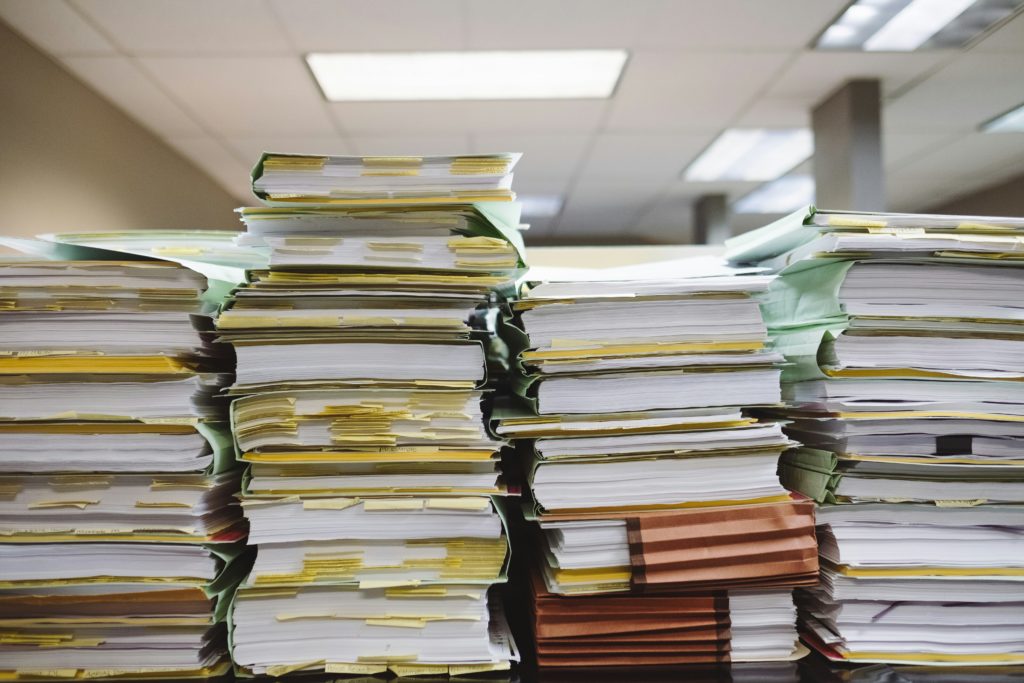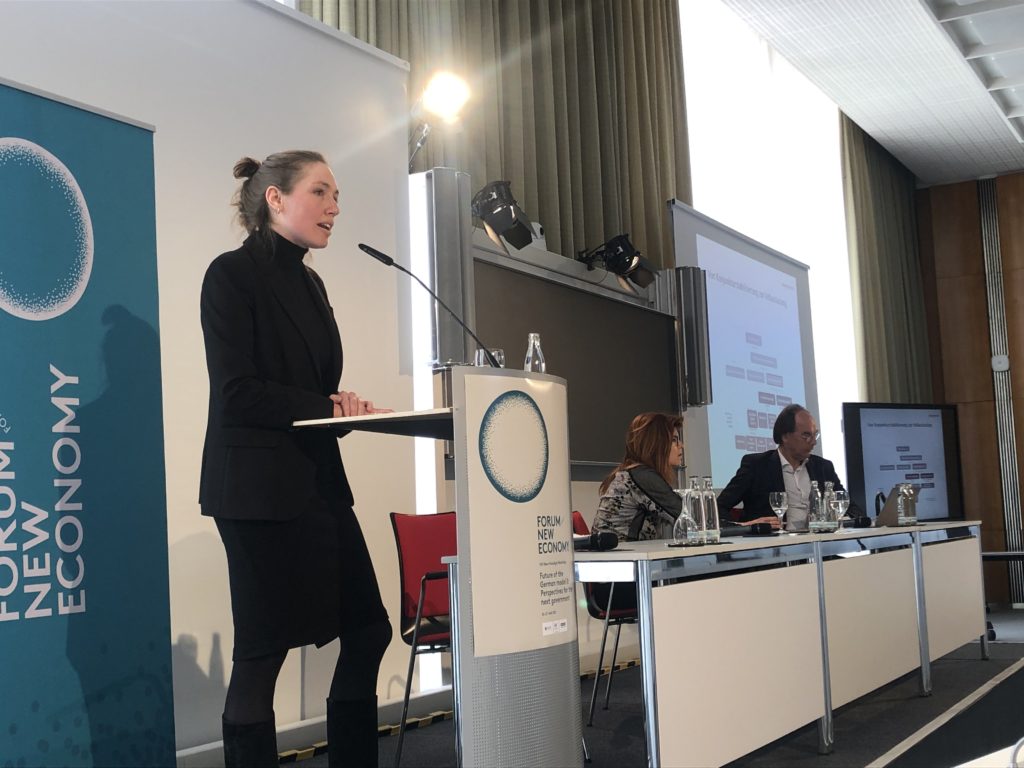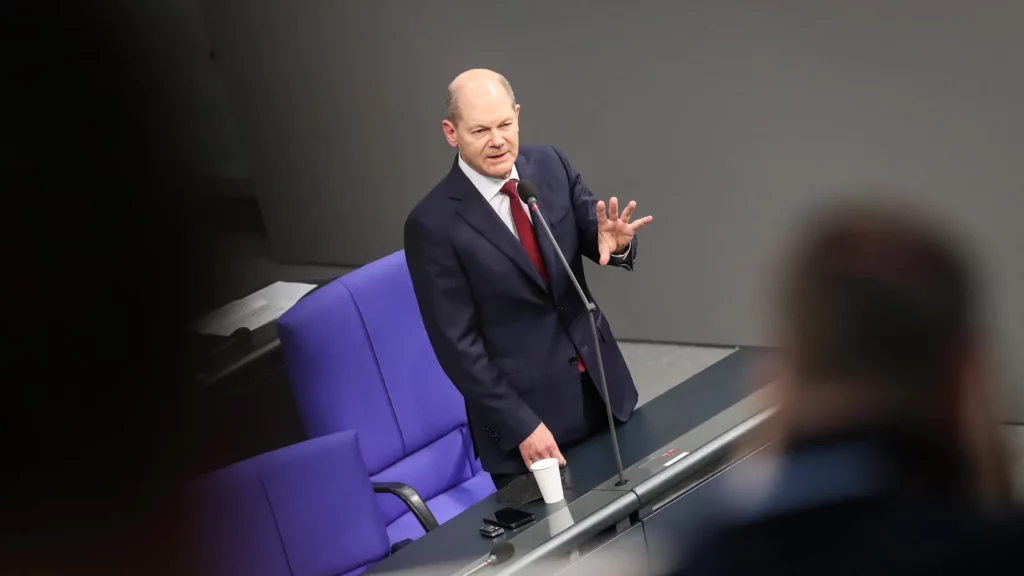






Redefining
the role of
the state
REDEFINING
THE ROLE OF
THE STATE
For decades, there was a consensus that reducing the role of the state and cutting public debt would generate wealth. This contributed to a chronic underinvestment in education and public infrastructure. New research focuses on establishing when and how governments need to intervene to better contribute to long-term prosperity and to stabilize rather than aggravate economic fluctuations.
LATEST NEWS

Cutting Red Tape – But How? New Economy Short Cut with Patrick Bernau, Georg Diez and Johanna Sieben
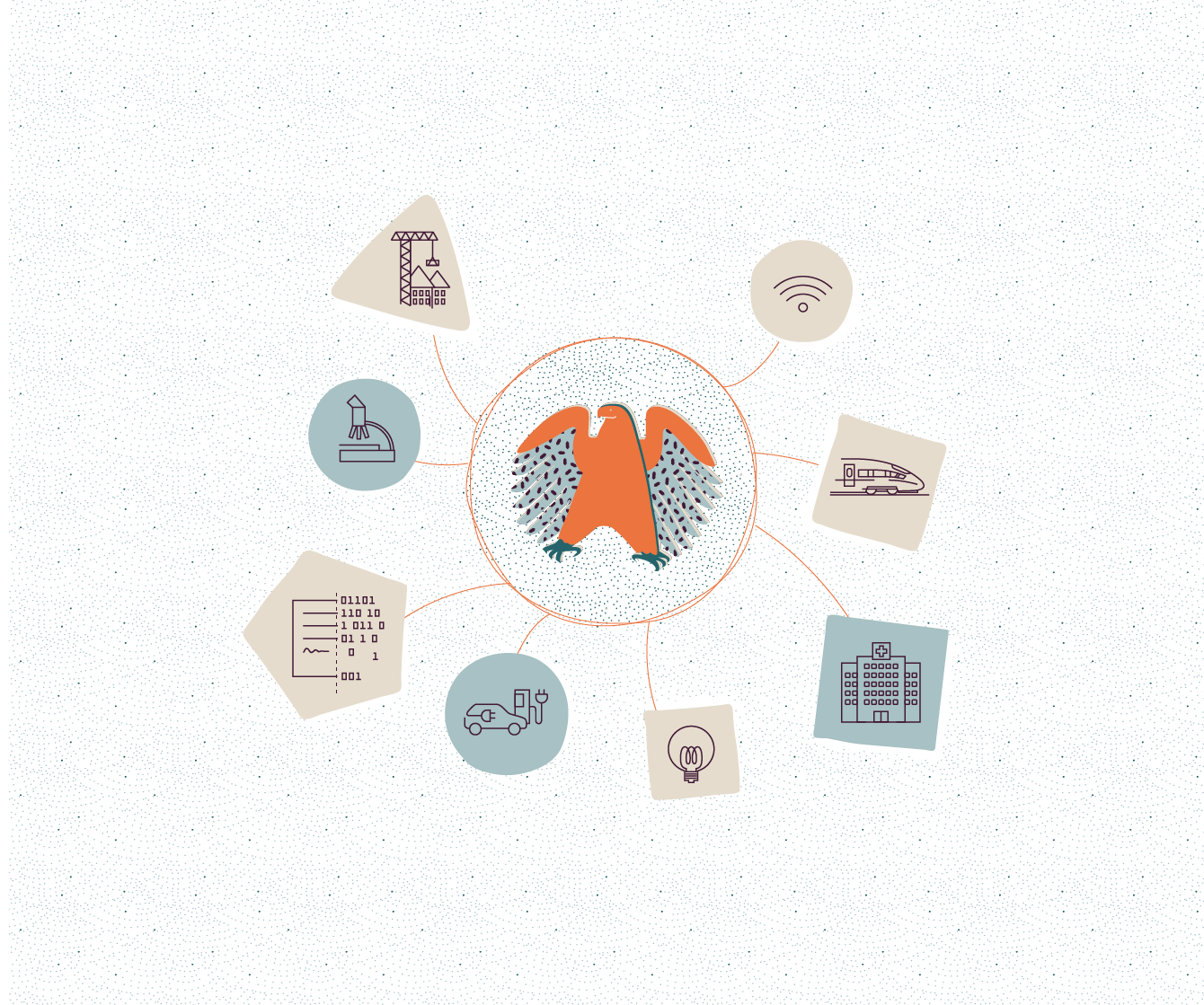
KNOWLEDGE BASE
REDEFINING
THE ROLE OF
THE STATE
The Challenge
Decaying infrastructure and a lack of investment in education and innovation expose the weaknesses of an overly market-driven paradigm.
What went wrong
Reducing the role of the state in the economy was seen as the best way to ensure high levels of growth.
New Economy in Progress
The challenges of our time require us to rethink the role of the state and the need for a more active fiscal policy.
5 POSSIBLE WAYS THAT ARE DISCUSSED TO REDEFINE THE ROLE OF THE STATE
THE STEEP DECLINE IN NET PUBLIC INVESTMENT
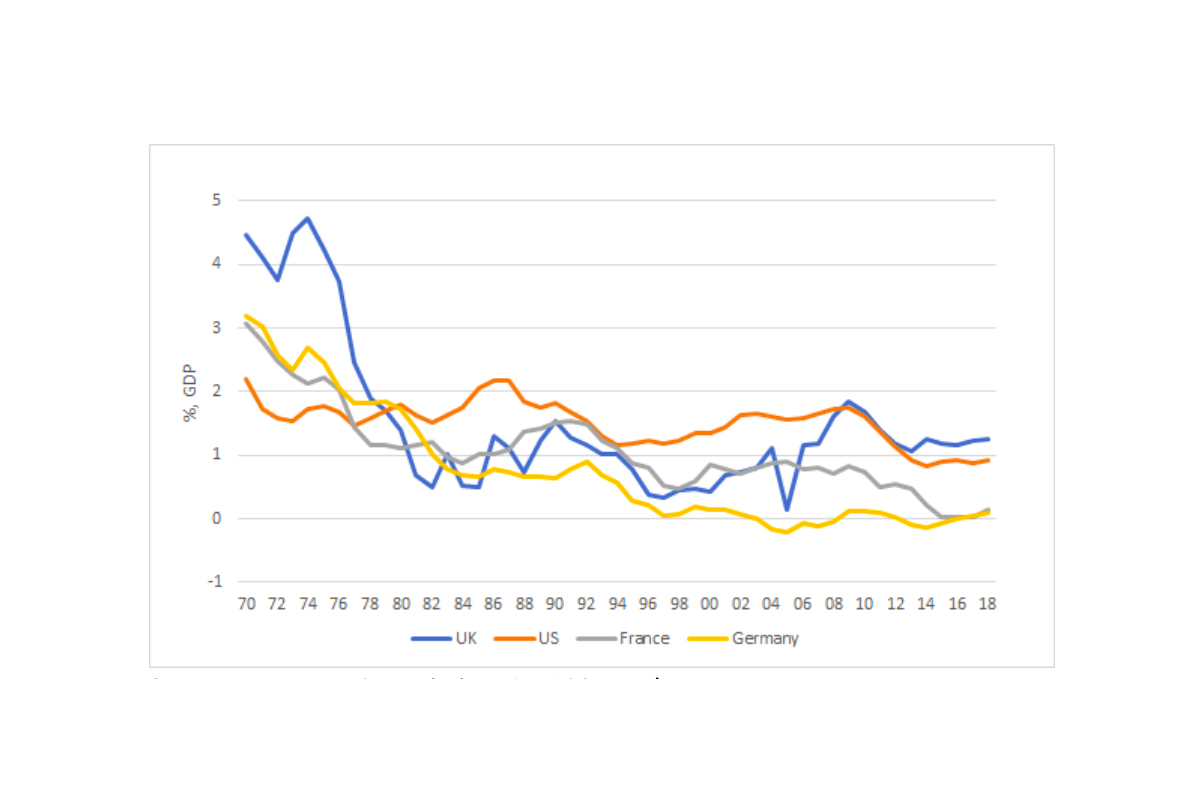
Leopoldina – Corona Pandemic Intensifies Need for Action in German Economic and Social Policy
In their latest statement, scientists analyze the Corona-related economic and social policy situation and outline a possible way out of the crisis.
How much debt is too much?
In light of record levels of public debt, the question of how much debt is too much debt is on the table. Four economists have now discussed this question in a panel discussion.
“Trickle-down economics has never worked.”
US president Joe Biden calls to build the US economy from the middle and bottom up – a clear opposition to tax cuts for corporations and the rich.
How German companies feel about key election issues - A mood survey
How do German companies view key campaign issues such as industrial and climate policy shortly before the election? Deutsche Bank surveyed 200 companies on this issue - with surprisingly heterogeneous results.
Beyond the debt brake – Towards a more flexible German fiscal policy?
At the moment, there is much debate about the German debt brake. At the VIII. New Paradigm Workshop, Philippa Sigl-Glöckner and others discussed a proposal for a reform commissioned by the Forum New Economy.
World Summit for A Systemic Recovery from the Pandemic
What a selection of the world's most renowned economists recommends - short report from an impressive NAEC conference.
Controversy over rent cap
What are the current economic debates on housing? A brief overview of the most important points of contention.
Makronom Series on the Relationship between the Market and the State in the Post-Corona Age
COVID19 and the climate crises, growing inequality and financial market stability: almost everywhere, the relationship between markets and governments needs to be re-examined. A review of the series in the online magazine Makronom.
Stephan Weil on the challenges for the automotive location Lower Saxony
At our recent seminar on the transformation of the German car industry, the Minister President of Lower Saxony talked about the implications of the transformation of the German car industry for the Volkswagen region and the state government's contribution.
A Debt Brake for the 21st Century
In a newly published piece on Makronom, Philippa Sigl-Glöckner lays out her formula for a reform of the German debt brake.
Mariana Mazzucato & Rainer Kattel in the FAZ: "The State must do better"
In a guest article for the Frankfurter Allgemeine Sonntagszeitung, Mariana Mazzucato and Rainer Kattel plead not for more or less state, but for a better one.


